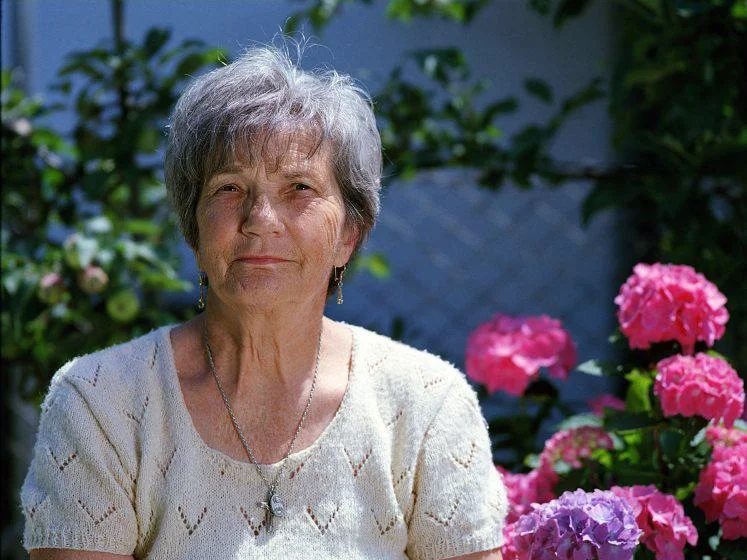Social isolation and memory loss

Social isolation contributes to memory loss in older age, research by LSE's Care Policy and Evaluation Centre has shown for the first time.
The paper, published in Journals of Gerontology(1) found that both men and women were affected, but in different ways.
Men with high levels of social isolation experienced subsequent memory decline. For women it was not the overall level of lack of social contact, but rather increases in isolation that were important.
Researchers studied data from 6123 women and 5110 men over the age of 50, from the English Longitudinal Study of Ageing (ELSA)(2), over six two year intervals from 2002.
By using a statistical model to analyse the changes in levels of social isolation and memory loss over time, they were able to establish that isolation precedes memory loss – rather than the other way around. Although the connection between the two factors was already known, this research is the first to show the dynamic relationships between them – i.e. how the previous levels or changes affected subsequent changes.
Dr Sanna Read, from LSE’s Care Policy and Evaluation Centre and lead author of the paper, said: "In some ways our findings are good news since improving older people’s social contact as a way to prevent or slow memory decline is easier than if it were the other way around.
"And finding any preventable factor that can improve people’s later lives is especially important since there is currently no cure for serious memory loss, such as experienced by someone with dementia."
Men who were ‘highly isolated’ experienced a memory decline of 18 per cent over two years, compared to a six per cent decline among men whose scored ‘average’ on a scale of isolation. However, the number of men who were highly isolated was low.
For women it was more relative – when isolation increased by two points, women’s memory declined, on average by 18 per cent over the next two years. This compared with an average memory decline of four per cent in women who were averagely isolated.
These memory changes are similar to the rates found among people with progressive memory decline and mild cognitive impairment prior to the development of dementia. In comparison, people experiencing ‘normal ageing’ undergo a two to four per cent bi-annual decline in memory.
Women who were highly isolated became less isolated over the next two year period, suggesting something compensated for the losses in social contacts. But regardless of these recuperative bounces they became more isolated over the total 10-year follow-up period(3).
In men, social isolation scores changed little over time. The researchers speculated this may be because compared to older women, older men are more likely to live with a partner. This is because women, on average, live longer and often are younger than their husbands/partners. In addition, men’s (female) partners often provide access to other social contacts. Men are also more likely to remarry or re-partner after the loss of a spouse or partner fairly quickly.
Dr Read said: "Social contact is hugely important for older people, not just to stem the tide of the memory loss, but for overall well-being.
"With population changes – fewer people are having children and more people are living alone – it’s important that we look at what can be done to tackle this issue.
"On a positive note our research seems to suggest that improvements can be made by just improving the frequency, and not necessarily the quality, of social contact – although we do need to look at this area in more detail.
"And when dealing with an older person who is worried about their memory, it’s easy for a Doctor to ask a patient how often they see other people as part of their daily lives. This information could be useful for a ‘social prescription’ to tackle isolation."
This research is part of the MODEM project, led by LSE’s Care Policy and Evaluation Centre and funded by ESRC.